Twenty years ago, the world was stunned by the Asian tsunami, whose towering waves killed an estimated 230,000 people in Indonesia, Sri Lanka, India, Thailand and other countries the day after Christmas.
The tsunami, which was triggered by a powerful 9.3-magnitude earthquake off the coast of northern Indonesia, is considered the deadliest natural disaster this century and one of the deadliest in recorded history.
It wiped out villages, disrupted livelihoods and hit a number of popular tourist spots, killing locals as well as visitors from the United States and around the world.
NBC News spoke with three Americans who survived the disaster in Thailand about their experiences.
‘Hit by a Mack truck’
Dr. Libby North, a neurologist from Portland, Oregon, was on vacation with her friend Ben Abels in Ko Phi Phi, an island group between Phuket and the Straits of Malacca. On the morning of Dec. 26, 2004, they had gone kayaking and spent some time at the pool before returning to their bungalow right on the beach, which was packed with travelers.
“Once we were inside, we began to hear some rumbling,” North said. “Then in the next instant, a wave came through the wall and it felt like I was being hit by a Mack truck.”
North was “swept away, traveling at a very high velocity.”
Her body was crushed and contorted, and she lost consciousness.
“And then the next instant, the water receded and I was breathing,” North said.
She was alive but pinned down by debris. She couldn’t see her arms or legs, and while she was able to move her left hand, “there was something seriously wrong with my right hand.”
Then another wave came.
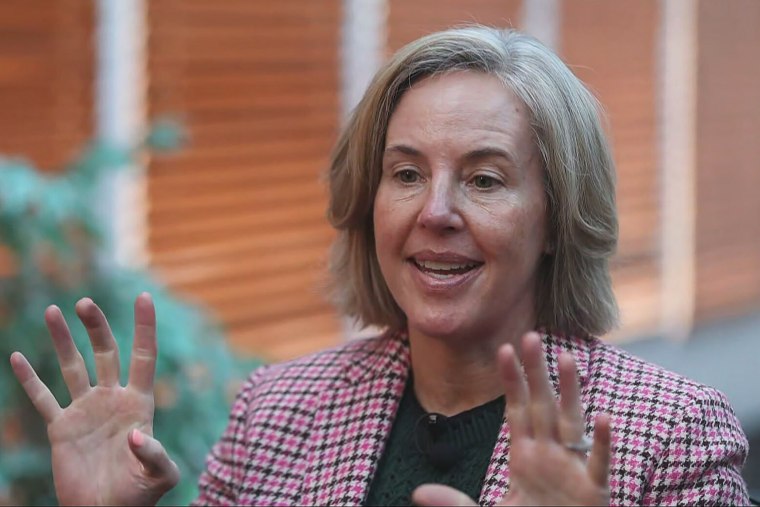 Libby North in 2024KGW
Libby North in 2024KGWThough she was not submerged for long, North said she was shoved farther inland and all of the debris was packed tighter around her. Then it happened again with a third wave.
When the waves finally subsided, there was nothing but silence.
“I couldn’t hear another person, which made me think that maybe I was one of the only survivors,” North said.
After a while, she heard some faint voices in the distance and “screamed for my life.” She was rescued by two Thai men who removed the debris, revealing that her right hand “was essentially amputated” and that she had severe injuries to her right leg.
They carried her back to her resort, where she was hoisted into a hovering Thai military helicopter and taken to a hospital in Phuket. She underwent several operations there and in Bangkok, and although her right hand has limited function, it was saved along with her right leg.
Abels did not survive.
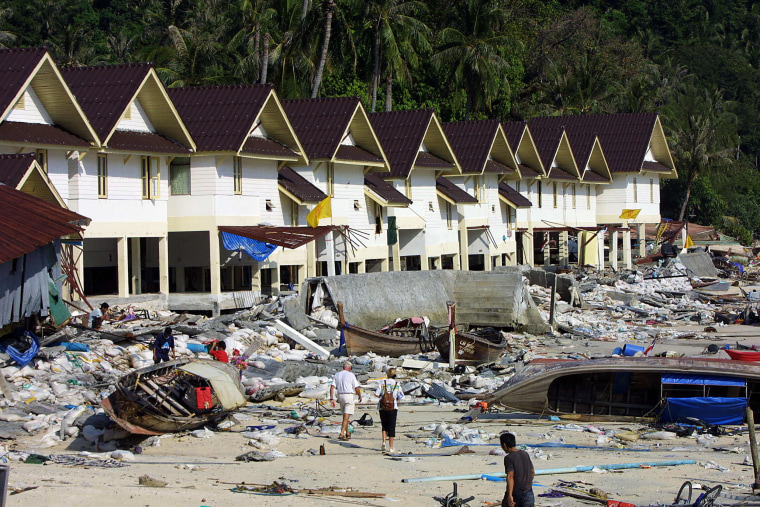 A row of terrace housing workers on the Phi Phi island in southern Thailand holiday resort that were destroyed by the tsunami.Roslan Rahman / AFP via Getty Images file
A row of terrace housing workers on the Phi Phi island in southern Thailand holiday resort that were destroyed by the tsunami.Roslan Rahman / AFP via Getty Images file“I feared the worst when I didn’t hear him because he was standing right next to me,” North said.
North, who was 34 at the time and very athletic, said she was determined to get back to her life and career.
“I play tennis. I ride a mountain bike. I’m an avid skier. I’m the mother of three teenagers. I’ve had a wonderful life,” she said.
A divine wrong turn
Dipak Jain, an adviser to Thaksin Shinawatra, Thailand’s prime minister at the time, had arrived in Phuket the night before with his wife and three children.
After breakfast they decided to head to the beach, but took a wrong turn and ended up on the other side of the lagoon. That’s when they saw the water coming.
“The scene was like, Niagara Falls is moving towards you,” said Jain, who is from Chicago.
Because of the wrong turn, they were out of harm’s way.
It was “a divine blessing that not a drop of water touched the five of us,” said Jain, who is now a marketing professor at China Europe International Business School in Shanghai.
Jain said that for him and others with similar experiences it’s important to accept what happened, “but feel grateful that you have many more years ahead of you where you can share these stories.”
“I always tell people, forget what you don’t have. Enjoy what you have and make the best use of it,” he said. “And share those moments of joy with others in your life.”
‘That’s when the fear kicked in’
Chris Xaver, who was vacationing in Phuket with her then-husband, woke up to water rushing underneath her door. At first they thought it was a water main break, but when they walked up to the beach, it was littered with debris.
Dead fish were littered all the way up to an open-air restaurant a couple of hundred feet from the shoreline, and they realized that “something had gone really wrong.”
Xaver was in the restaurant with other bewildered hotel guests when another wave came.
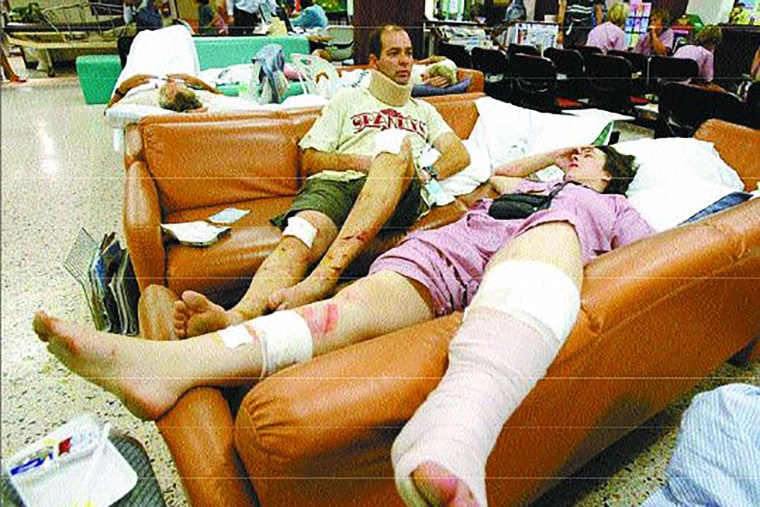 Chris Xaver and Scott Weatherby in Thailand after the tsunami in 2004.Chris Xaver
Chris Xaver and Scott Weatherby in Thailand after the tsunami in 2004.Chris XaverThe water slammed her into a wall of the restaurant, while her husband “was carried a full football field away.”
“I was underwater anywhere from over a minute to maybe up to two minutes before the water receded enough that I could stand up and breathe air,” Xaver said.
The force of the water sent tables and chairs piercing into Xaver, leaving a big gash on her head and injuries to her left leg that required 50 stitches.
“Towards the end of that time period underwater, I was pretty sure that I wasn’t going to make it,” she said.
When she was finally able to stand up, she was the only person there. She managed to find her husband, and then someone said a third wave was coming.
“That’s when the fear kicked in,” Xaver said. “I knew there was absolutely no way either of us would survive another wave. We couldn’t run. We couldn’t.”
Just then, a van showed up and took them to a hospital, where they were greeted by a vacationing Swedish doctor still in his swim trunks. They spent the next three weeks hospitalized in Phuket and Bangkok before returning to the U.S. on a C-130 military plane.
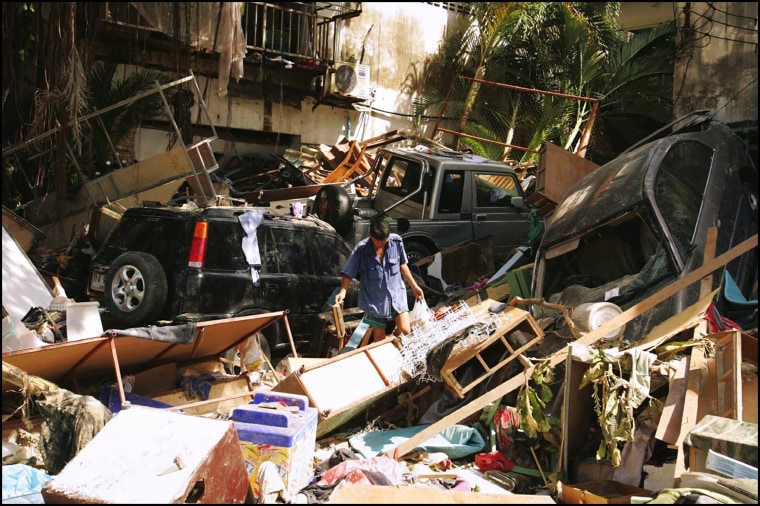 Debris is piled up on Patong Beach in Phuket, Thailand.Patrick Aventurier / Gamma-Rapho via Getty Images file
Debris is piled up on Patong Beach in Phuket, Thailand.Patrick Aventurier / Gamma-Rapho via Getty Images fileXaver said her “whole body hurt for months.”
“My entire body, head to toe, top to bottom, fingertips to what felt like hair follicles — everything hurt,” she said.
She also struggled with guilt that she had survived while so many others had not.
“You really have to not blame yourself,” Xaver said. “You truly were allowed to survive for a reason.”
Xaver, who recently retired as a college professor in upstate New York, said after the tsunami she focused less on personal ambition and more on helping others, including by telling her story.
“I don’t wish ever a disaster of this magnitude on anyone, and I certainly don’t wish that this many people perish,” she said. “But I wish everybody had a scare in their life, something that knocked them upside the head a little bit to say, you know what? This isn’t all about you. There’s more to this world, and it’s about love.”
.png)
 2 weeks ago
35
2 weeks ago
35









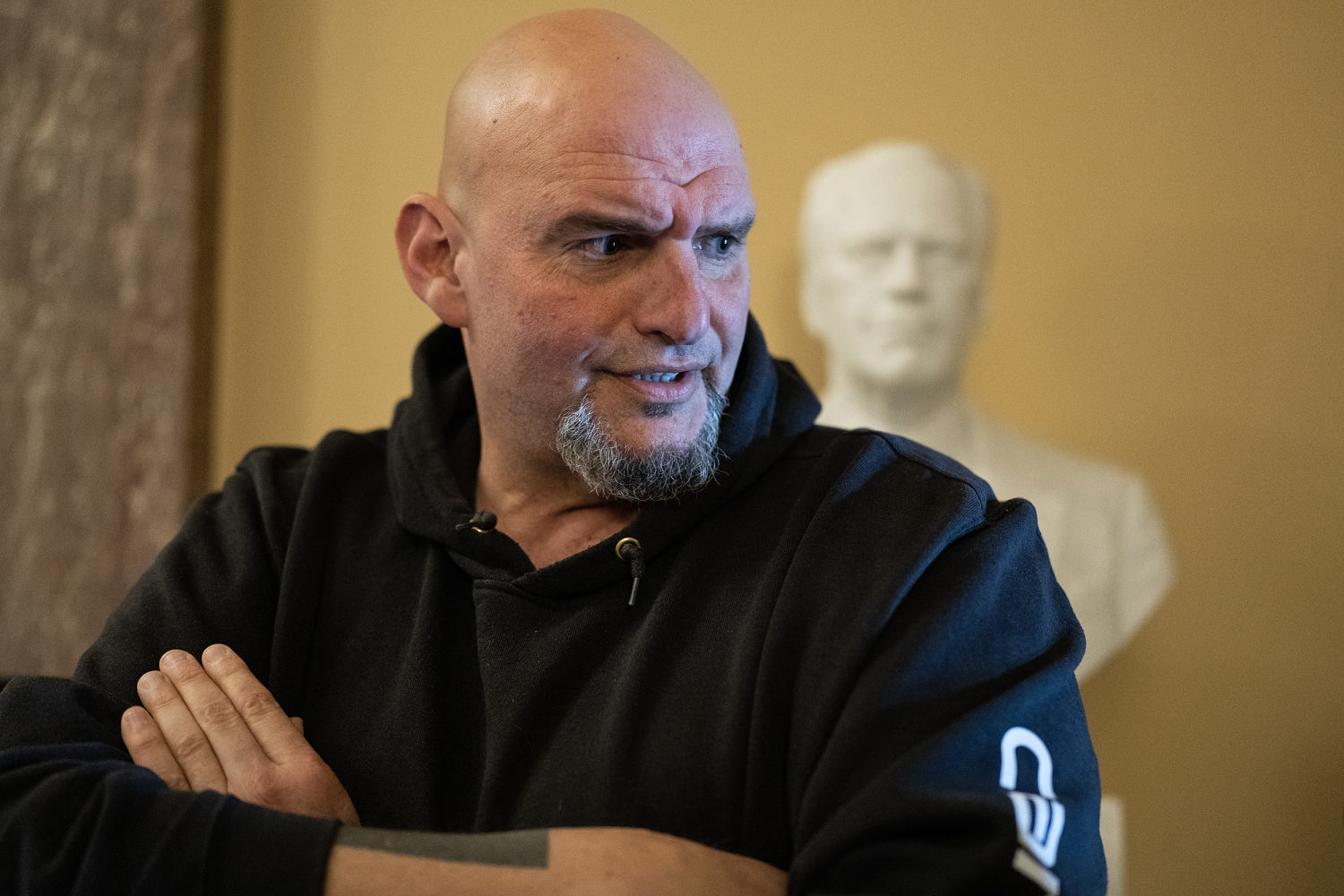
























 Bengali (BD) ·
Bengali (BD) ·  English (US) ·
English (US) ·